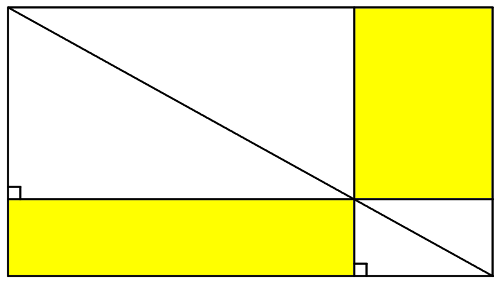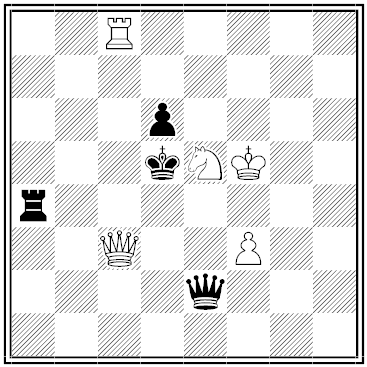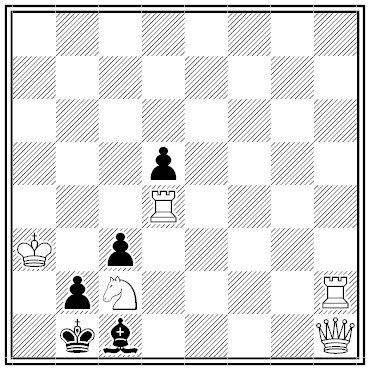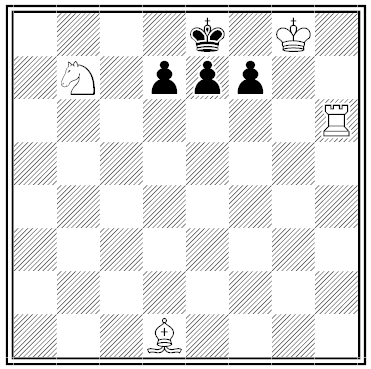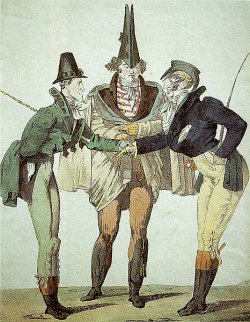Puzzles
Black and White
Picture This

We must assemble a jigsaw puzzle that contains 100 pieces. If a “move” consists of connecting two sections (even a section containing a single piece), what’s the minimum number of moves we must make to complete the puzzle?
Defense Posture

You walk into Arlington, Virginia. As the Pentagon comes into view, you’ll be able to see either two or three sides of the building. Which is more likely?
Black and White
Door Jam
You’re confronted with two doors. One leads to fortune, the other to death, but you don’t know which is which.
The doors are attended by two guards. One always lies, and the other always tells the truth, but again you don’t know which is which.
You can ask one question of one guard. What should you ask?
Spirit Reading
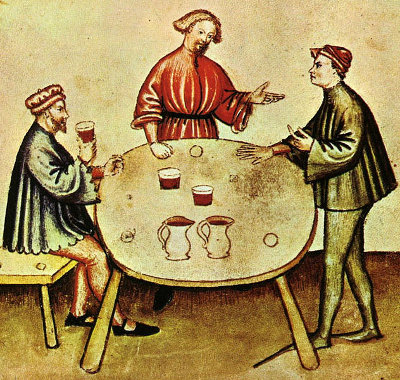
In a certain town, 90 percent of the residents drink coffee, 80 percent drink tea, 70 percent drink whiskey, and 60 percent drink gin. No one drinks all four. What percent of the residents drink liquor?
Economical
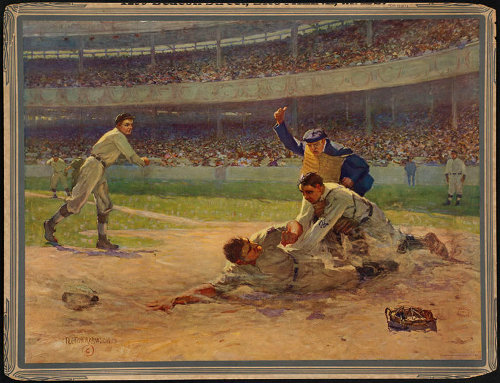
A baseball pitcher played an entire game while throwing the minimum possible number of pitches. The game was not called before completion. How many pitches did he throw?

